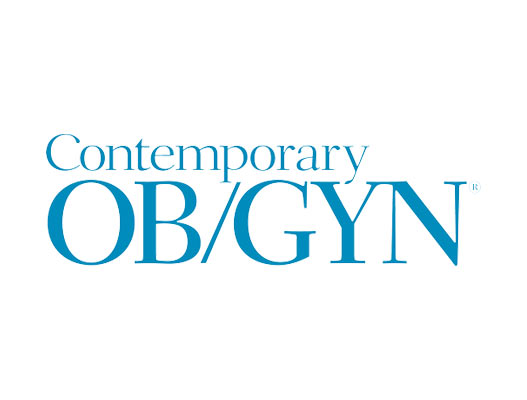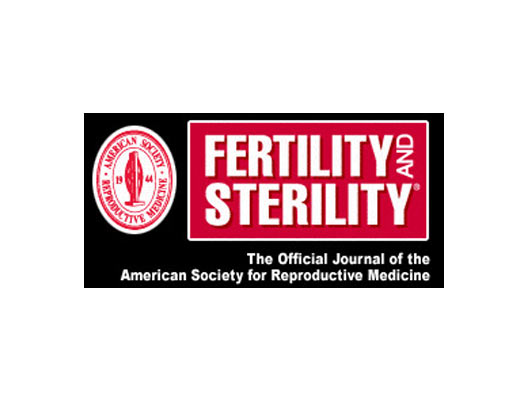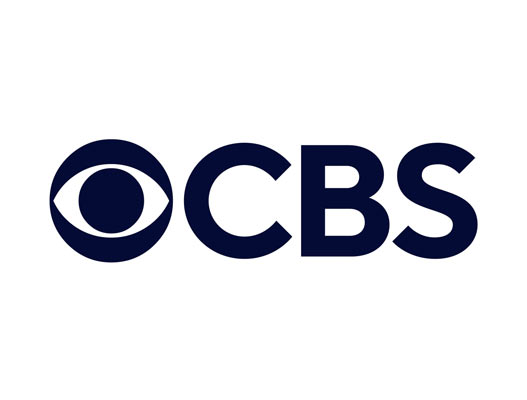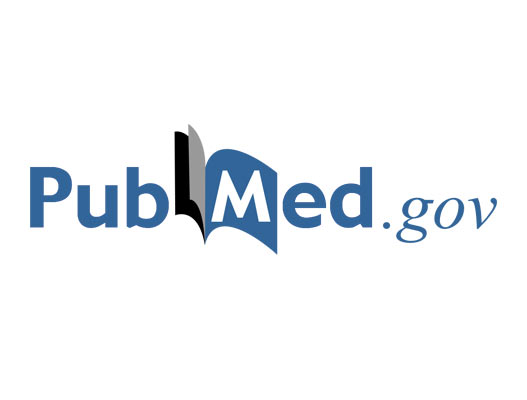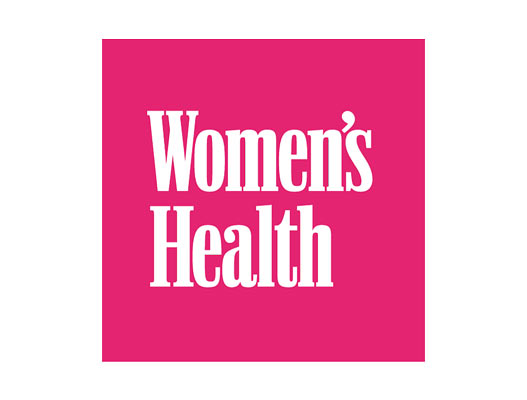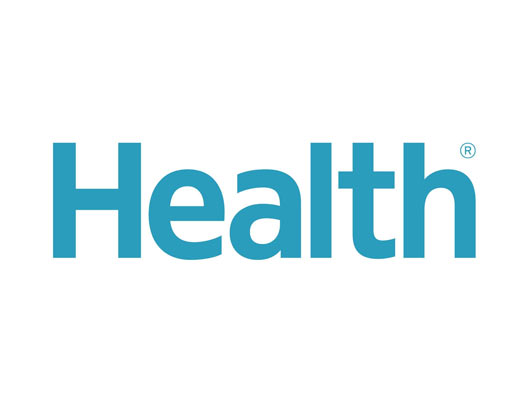5 Influential Women in Medicine
Women have always held an essential role in medicine, from the ancient Greek physician, Metrodora, who wrote the oldest known female-penned medical text, to Antonia Novello, the first woman (and first Latina) to be U.S. Surgeon General and beyond. We have selected five of our favorites for Women’s History Month of the many female physicians, surgeons, and researchers who have made significant contributions to medicine throughout history.
In 1849, Elizabeth Blackwell became the first woman in the United States to earn an M.D. degree. Elizabeth was accepted by Geneva Medical College in Geneva, N.Y. after the faculty opposed her admission and deferred the decisions to students, who unanimously voted to admit her as a joke. Her thesis was published in the Buffalo Medical Journal, and she graduated first in her class. In 1857, she opened a hospital that provided women physicians positions and served as a training facility for female students in nursing and medicine. She went on to open a women’s medical college, founded the National Health Society in Britain, and co-founded the London School of Medicine for Women.
Belinda Wurn co-developed the Wurn Technique®, a non-surgical treatment for adhesion-related conditions. She earned a B.S. in physical therapy from the University of Florida in 1975. After surgery and massive doses of radiation therapy left her with a “frozen pelvis,” she began co-developing the Wurn Technique®. Most of her pelvic organs were adhered to each other, leaving her in debilitating pain. Doctors told her, “You have adhesions – internal scars that can form anywhere in the body, acting as a powerful internal glue. Unfortunately, there is no cure except surgery, which will create more adhesions. You’ll have to learn to live your life in constant pain.”
Unwilling to live a life in pain, she began developing a non-surgical bodywork to decrease adhesions. Her Clear Passage® Approach has been since shown to replace major invasive surgeries with a safe and effective therapy. Peer-reviewed studies have shown it can open totally blocked fallopian tubes in infertile women and clear life-threatening adhesions from the intestines.
Several physicians have suggested she is in line for a Nobel prize in medicine. She has since:
- Improved fertility for many women.
- Replaced major surgery for some serious adhesion-related conditions, such as endometriosis pain and infertility.
- Opened blocked fallopian tubes, increasing IVF success.
- Cleared adhered and blocked intestines, and more.
In 1864, Rebecca Lee Crumpler became the first African-American woman in the United States to earn an M.D. degree and the only African-American woman to graduate from New England Female Medical College. In a time when there was no formal training for nursing, even before she turned twenty, Rebecca worked as a nurse for eight years. The doctors she served under recommended her to the New England Female Medical College faculty, where she earned her four-year medical degree. After the Civil War, Dr. Crumpler cared for formerly enslaved people in Richmond, Virginia. She then moved to Boston, Massachusetts, to provide medical care for children. In 1883 she published a book called Book of Medical Discourses, based on notes from her years of practicing medicine.
At fifteen, Gertrude B. Elion saw her grandfather suffer and die from stomach cancer and felt motivated to study medicine. She earned a degree in chemistry from Hunter College, a free college. In 1944, Elion went to work for Burroughs Wellcome, a pharmaceutical firm, as an assistant to George Hitchings. She discovered a compound that put leukemia patients into temporary remission and later found it could be combined with other drugs to cure patients completely. She developed:
- A drug that suppressed immune response and made organ transplants possible
- A drug to reduce uric acid to prevent gout, a fatal side-effect for people with cancer.
- An antiviralanti-viral drug to treat herpes, Epstein-Barr, chickenpox, and shingles.
Her discoveries served as the basis for other researchers to develop the drug used to treat AIDS. She received the 1988 Nobel Prize in Physiology or Medicine.
Rosalyn Yalow attended Hunter College and graduated with honors as Hunter’s first physics major. In 1941, Yalow earned a Ph.D. in nuclear physics from the University of Illinois. She joined the Veterans Administration Hospital in the Bronx, setting up her first laboratory in a converted janitor’s closet. Solomon Berson joined her team in 1950. They made significant discoveries in the treatment of diabetes through their method called radioimmunoassay, which later allowed doctors to make exact measurements of over 100 biological substances impacting many different fields of medicine. Yalow received the 1977 Nobel Prize in Physiology or Medicine.
Women in Medicine
From ancient history to modern times, women in medicine have faced discrimination, barriers, and limitations. Despite these challenges, women have made significant discoveries and accomplishments and continue to contribute to the research, development, and implementation of new life-saving therapies, medicines, and treatments.
We at Clear Passage are proud to have one of ours up there with the greats.


